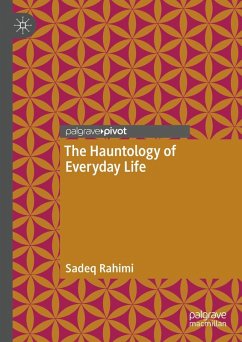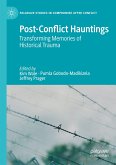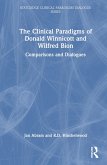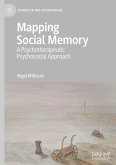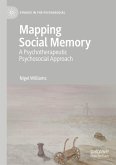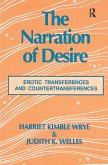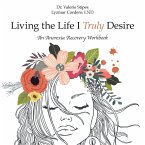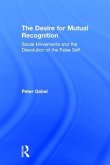This volume develops a comprehensive framework for applying the theory of hauntology to everyday life from ethnographic and clinical points of view. The central argument of the book is that all human experience is fundamentally haunted, and that a shift from ontological theory of subjective experience to a hauntological one is necessary and has urgent implications. Building on the notion of hauntology outlined by Derrida, the discussions are developed within the frameworks of psychoanalytic theory, specifically Jacques Lacan's object relational theory of ego development and his structural reading of Freud's theory of the psychic apparatus and its dynamics; along with the Hegelian ontology of the negative and its later modifications by 20th century philosophers such as Heidegger and Derrida; and the semiotics of difference introduced by Saussure and worked by Jakobson and others. This book argues and demonstrates the immediate relevance of hauntological analysis in everyday life by providing a microanalysis of the roles played by power, meaning and desire; and by using vignettes and data from ethnographic research and clinical settings, as well as references to literature, movies and other cultural products.
Bitte wählen Sie Ihr Anliegen aus.
Rechnungen
Retourenschein anfordern
Bestellstatus
Storno

